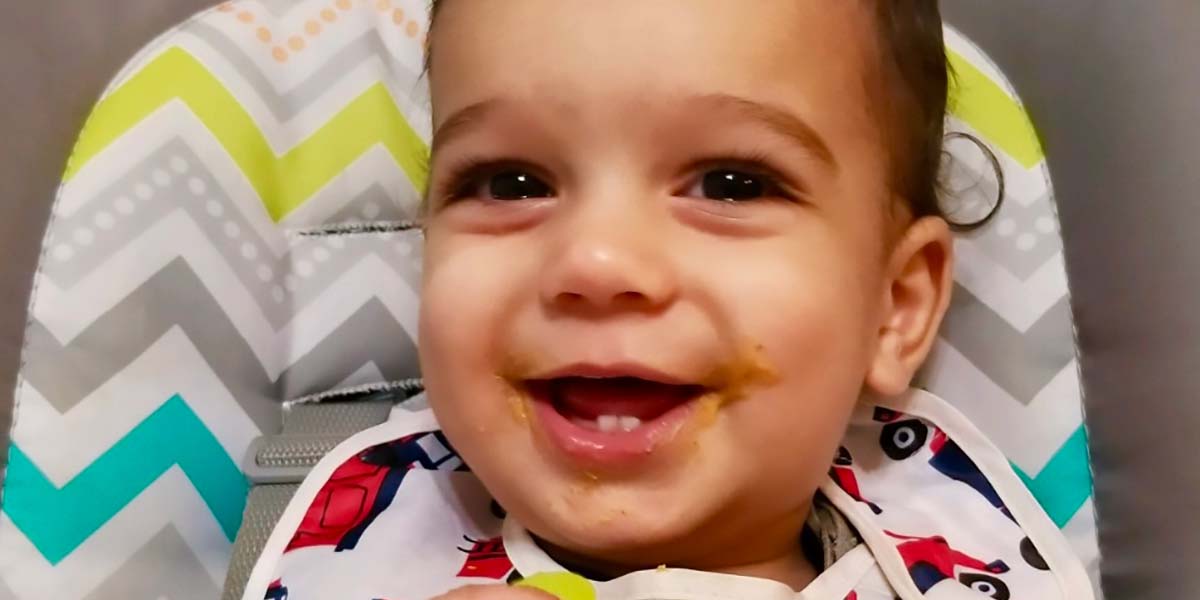Food introduction Introducing your baby to foods can be exciting, but also may cause some…

FDA approves first drug for treatment of peanut allergy for children
By Dr. Manav Segal, Board Certified Philadelphia Allergist and Immunologist
On January 31, 2020 the FDA approved Palforzia to offer as Oral Immunotherapy (OIT) treatment of peanut allergy.
Palforzia is peanut flour dispensed in graded doses as a treatment of peanut allergy to be administered under close medical supervision.
Dr. Manav Segal at Chestnut Hill Allergy & Asthma Associates, LLC has been successfully treating peanut allergies since 2016 with Oral Immunotherapy. Dr. Segal was the first allergist in private practice in the state of Pennsylvania to offer OIT outside of clinical trials.
At present we are treating children and adults with food allergies to peanut, milk, egg, tree nuts, sesame, and other foods with OIT!
Approval of Palforzia will provide our patients with yet another option to address peanut allergy!
—-
With regards to Palforzia, information below was taken from the FDA’s website:
“Today [January 31, 2020] the U.S. Food and Drug Administration approved Palforzia [Peanut (Arachis hypogaea) Allergen Powder-dnfp] to mitigate allergic reactions, including anaphylaxis, that may occur with accidental exposure to peanuts. Treatment with Palforzia may be initiated in individuals ages 4 through 17 years with a confirmed diagnosis of peanut allergy and may be continued in individuals 4 years of age and older. Those who take Palforzia must continue to avoid peanuts in their diets.
—-
“Peanut allergy is a condition in which the body’s immune system mistakenly identifies even small amounts of peanut as harmful. Allergic reactions to peanut are unpredictable in occurrence and in how they present, with some individuals experiencing severe reactions from even trace amounts. Physical symptoms can develop within seconds of exposure and may include skin reactions (e.g., hives, redness or swelling), digestive discomfort, or more dangerous reactions, such as constriction of the throat and airways, and loss of adequate blood flow to vital organs of the body. Antihistamines and epinephrine can be used to treat allergic reactions, but severe reactions can be fatal even with appropriate, prompt treatment. Palforzia cannot be used for the emergency treatment of allergic reactions, including anaphylaxis.
“Treatment with Palforzia consists of three phases: Initial Dose Escalation, Up-Dosing, and Maintenance. The Initial Dose Escalation phase is given on a single day. The Up-Dosing phase consists of 11 increasing dose levels and occurs over several months. Initial Dose Escalation, and the first dose of each Up-Dosing level, are administered under supervision of a healthcare professional in a healthcare setting with the ability to manage potentially severe allergic reactions, including anaphylaxis. While anaphylaxis can occur at any time during Palforzia therapy, patients are at highest risk during and after the Initial Dose Escalation and the first dose of each Up-Dosing level. During Up-Dosing, if the patient tolerates the first dose of an increased dose level, the patient may continue that dose level daily at home. After a patient completes all Up-Dosing levels, they may begin the daily maintenance dose. Patients who experience certain allergic reactions due to Palforzia may need to discontinue treatment or have their dosing schedule modified.
“Palforzia is a powder that is manufactured from peanuts and packaged in pull-apart color-coded capsules for Dose Escalation and Up-Dosing, and in a sachet for maintenance treatment. The powder is emptied from the capsules or sachet and mixed with a small amount of semisolid food – such as applesauce, yogurt, or pudding – that the patient then consumes.”



